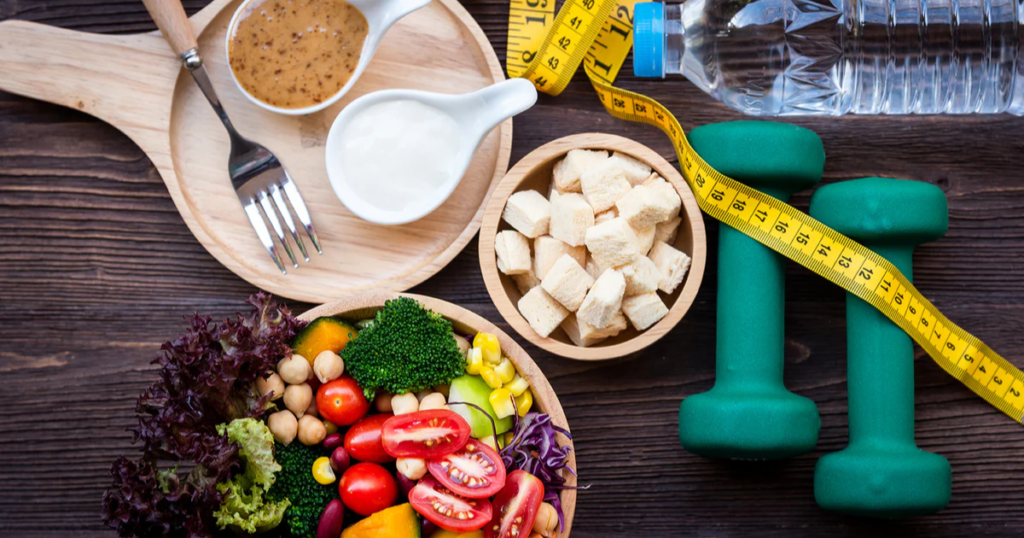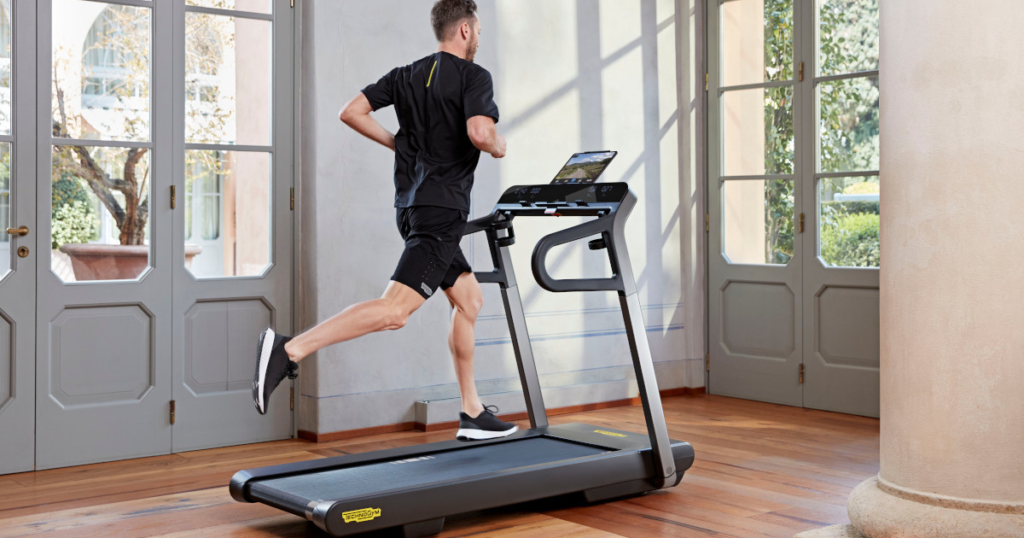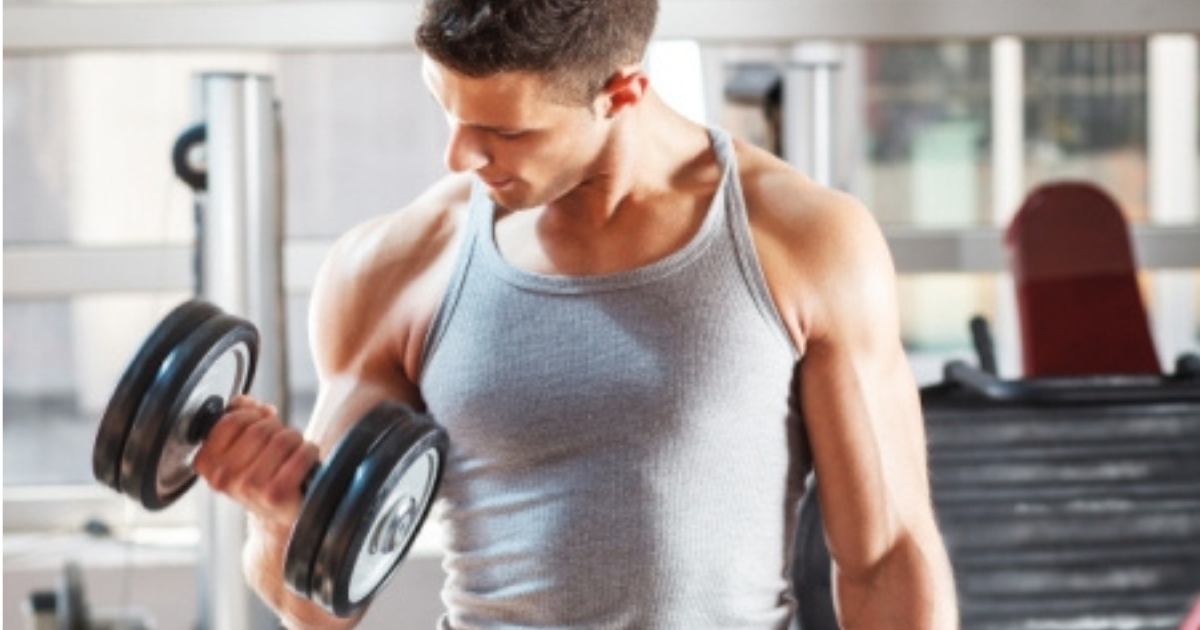Starting a fitness journey can be overwhelming, but with the right knowledge and approach, anyone can achieve their health and fitness goals. Whether you want to lose weight, build muscle, increase endurance, or simply stay active, this guide will help you get started with confidence. Below, you’ll find everything you need to know about fitness for beginners, from setting goals to creating a workout plan and maintaining motivation.
Establishing clear fitness goals helps you stay motivated and measure progress. Your goals should be specific, realistic, and time-bound.
- Weight Loss – Focus on cardio and calorie deficit.
- Muscle Gain – Strength training and increased protein intake.
- Endurance Improvement – Cardio exercises like running or cycling.
- Overall Health & Well-Being – A mix of cardio, strength, and flexibility training.
- Cardiovascular (Cardio) – Running, swimming, cycling for heart health.
- Strength Training – Lifting weights or bodyweight exercises for muscle growth.
- Flexibility & Mobility – Yoga, stretching, and mobility drills to prevent injury.
- Balance & Stability – Core workouts and exercises like pilates to improve balance.
- 150 minutes of moderate exercise per week (e.g., brisk walking).
- 75 minutes of vigorous exercise per week (e.g., running, HIIT workouts).
- At least two strength training sessions per week.
Day 1: Full-body strength training (squats, push-ups, rows, lunges).
Day 2: Cardio (30-minute brisk walk or cycling).
Day 3: Active rest (light stretching, yoga).
Day 4: Upper-body strength training (shoulder press, dumbbell curls).
Day 5: Cardio (HIIT or running).
Day 6: Lower-body strength training (deadlifts, leg press).
Day 7: Rest and recovery.

- Proteins – Chicken, fish, tofu, beans for muscle repair.
- Carbohydrates – Brown rice, whole wheat bread, and quinoa for sustained energy.
- Healthy Fats – Avocados, nuts, and olive oil for brain and heart health.
- Hydration – Drink at least 8 glasses of water daily.
Recovery prevents injuries and allows muscles to repair and grow.
- Get 7-9 hours of sleep per night.
- Take rest days between intense workouts.
- Do light stretching and foam rolling to reduce soreness.
- Stay hydrated and eat nutritious meals.
- Set realistic, achievable goals.
- Track progress using a fitness journal or app.
- Find a workout buddy for accountability.
- Change up your routine to keep things interesting.
- Celebrate small milestones to stay encouraged.
- Doing too much too soon – Start with manageable workouts.
- Skipping warm-ups and cool-downs – Prevent injuries with proper stretching.
- Neglecting form and technique – Learn proper movements to avoid strain.
- Ignoring nutrition and hydration – Fuel your body for optimal performance.
Exercise not only improves physical health but also boosts mental well-being.
- Reduces stress and anxiety.
- Improves mood and self-confidence.
- Enhances focus and cognitive function.

- Dumbbells or resistance bands – Great for strength training.
- Yoga mat – Ideal for stretching and bodyweight exercises.
- Jump rope – A fun way to get cardio in.
- Foam roller – Helps with muscle recovery and soreness.
- If you’re unsure about proper exercise techniques.
- If you need a personalized workout plan.
- If you have specific health concerns or injuries.
Also Read: 10 Simple Wellness Tips For A Healthier Life
Starting a fitness journey as a beginner may seem challenging, but with the right mindset and approach, it can be incredibly rewarding. By setting clear goals, choosing the right exercises, maintaining proper nutrition, and staying consistent, you can make steady progress toward a healthier lifestyle. Remember, fitness is not about perfection—it’s about progress. Stay patient, stay motivated, and enjoy the journey to a fitter you!
It depends on consistency and effort, but noticeable changes usually appear within 4-6 weeks.
A mix of cardio, strength training, and flexibility exercises is ideal for beginners.
No! You can achieve great results with bodyweight exercises and home workouts.
Start with 3-4 days per week and gradually increase based on your fitness level.
- Before: A light meal with carbs and protein (banana with peanut butter).
- After: A protein-rich meal for muscle recovery (chicken with brown rice).

